What to Drink After Surgery: The Simple Truth About Hydration That Actually Heals

Three days post-surgery, you're staring at a kitchen full of beverages wondering which ones will help you heal and which ones might sabotage your recovery. Your surgeon said "stay hydrated" but didn't explain that your body's hydration needs have completely changed, or that the wrong choices could actually slow your healing.
Most people approach post-surgery hydration like it's the same as their normal routine—just drink more water, right? Wrong. Your body is running a 24/7 repair operation that demands specific fluid support, not just volume. Enhanced formulations optimize tissue hydration faster than basic approaches.
Your body after surgery needs 5x more nutrients than normal. Random hydration slows healing. Strategic hydration speeds it up. The difference determines your timeline.
Your Normal Hydration Strategy Fails After Surgery
The Problem
Surgery changes everything. Your fluid regulation breaks down. Medications disrupt water distribution. Anti-inflammatory drugs mess with electrolytes. Your repair processes consume fluids at unprecedented rates.
The Consequence
Wrong post surgery drinks extend recovery significantly. Plain water creates electrolyte imbalances that impair cellular repair.
The Solution
Strategic recovery beverages restore optimal hydration faster than random approaches. Drinking more water isn't the answer. Your body needs specific fluids at specific times. Plain water dilutes essential electrolytes your body needs for repair.
The Hidden Connection
Post-surgery hydration connects directly to protein metabolism. Your body needs enhanced protein for tissue repair. Protein needs proper fluid balance. Wrong hydration blocks protein utilization. This significantly slows healing.
The Hydration Heroes: What to Drink After Surgery
The Problem
Most recovery beverages provide basic hydration without healing support.
The Solution
These surgical hydration options support repair, not just thirst.
Enhanced Water with Natural Electrolytes
Plain water is better than nothing, but enhanced water provides the electrolyte support your healing body actually needs. Look for natural electrolytes including sodium, potassium, and magnesium—the essentials for cellular function during recovery. These minerals help your cells actually use the water you're drinking rather than just passing it through your system.
During surgical recovery, your electrolyte needs can increase by 50-100% above normal levels. Sip consistently throughout the day rather than chugging large amounts—your body can only process about 8 ounces per hour effectively.
Bone Broth: The Liquid Powerhouse
Bone broth isn't just trendy—it's functionally supportive for surgical recovery. This provides hydration plus collagen-building amino acids, natural electrolytes, and easily absorbed nutrients that support tissue repair. The amino acid profile provides building blocks for collagen synthesis while delivering fluids your digestive system can handle when appetite is compromised.
Warm bone broth works especially well during the first week when solid foods might be challenging and your body needs maximum nutrition in easily digestible forms.
Coconut Water: Natural Balance Without Additives
Coconut water provides natural electrolytes without artificial additives that can interfere with healing. It's particularly valuable when dealing with nausea that makes other beverages unappealing. The potassium content helps maintain cellular function disrupted by surgical stress, while natural sugars provide gentle energy without crashes.
Green Tea: Anti-Inflammatory Support
Quality green tea provides hydration plus powerful antioxidants that support your body's inflammatory resolution processes. The polyphenols help modulate inflammatory responses while providing gentle caffeine that improves alertness without jitters during recovery. Best consumed mid-morning or early afternoon to avoid interfering with sleep quality.
The Complete Solution: Sulinu's Before + After Vitals
The Problem
Basic beverages provide basic hydration. Enhanced recovery formulations designed for surgical healing transform your recovery.
The Solution
Sulinu's Before + After Vitals delivers optimal hydration plus enhanced vitamin C for tissue repair, specialized enzymes for protein utilization, hydrolyzed collagen for structural support, and probiotics for digestive health. All in forms your body absorbs when normal digestion is compromised.
The Advantage
Cellular hydration optimizes faster with enhanced formulations compared to basic post surgery drinks.
Scoop. Mix. Heal. Use consistently for steady nutritional support throughout healing.

SHOP THE BEST DRINK FOR AFTER SURGERY AND SUPPORT YOUR RECOVERY
Post Surgery Drinks That Sabotage Recovery
The Problem
These beverages work against healing and extend recovery timelines.
Alcohol: The Healing Killer
The Problem
Small amounts significantly impair healing. Interferes with protein synthesis. Disrupts sleep. Dehydrates tissues. Impairs immune function. Competes with healing processes. Interacts dangerously with medications.
The Impact
Even small amounts can delay tissue repair and extend recovery timelines.
The Solution
Avoid completely for 2-3 weeks minimum.
Excessive Caffeine: The Stress Amplifier
While moderate caffeine can be beneficial, excessive intake elevates stress hormones, interferes with sleep quality, and contributes to dehydration. High caffeine can increase cortisol levels, interfering with anti-inflammatory processes and disrupting the deep sleep crucial for tissue repair. Most people can handle 1-2 cups of coffee or tea daily, but monitor how it affects your sleep and stress levels.
High-Sugar Beverages: The Inflammation Trigger
Sodas, fruit juices, and artificially sweetened drinks trigger inflammatory responses that work against healing while providing empty calories when you need nutrients. High sugar can suppress immune function and trigger inflammatory cascades that interfere with nutrient absorption. Choose beverages with natural fruit flavors or small amounts of honey rather than processed sugars.
Plain Water in Excess: The Electrolyte Diluter
Drinking excessive amounts of plain water can actually impair healing by diluting essential electrolytes your body needs for cellular function. Your body needs balanced hydration, not just volume. Too much plain water creates electrolyte imbalance that interferes with cellular repair processes.
Strategic Timing and Recovery Phases
When you drink matters almost as much as what you drink. Your hydration strategy should evolve as your body progresses through different healing stages.
Days 1-7: Foundation and Acute Support
Your body has been fasting and repairing overnight, making morning hydration crucial. Start with 8-12 ounces of enhanced water or bone broth to restore electrolyte balance and support cellular function. Your body processes fluids most efficiently after overnight fasting.
Focus on gentle, easily absorbed hydration that doesn't stress your digestive system. Enhanced water, bone broth, and specialized recovery beverages work best during this crucial period when your body is managing acute surgical trauma. Consistency matters more than variety.
Consume 4-6 ounces of fluid 30 minutes before meals to support digestion without diluting digestive enzymes. This is ideal timing for enhanced recovery beverages that can improve nutrient absorption from food.
Weeks 2-4: Building and Stabilization
As your digestive system stabilizes, incorporate a wider variety of supportive beverages while maintaining consistent enhanced hydration. This phase focuses on supporting tissue rebuilding and inflammatory resolution while preventing nutritional deficiencies that extend recovery.
Once cleared for light activity, post-movement hydration supports lymphatic drainage and prevents fluid stagnation that prolongs swelling. Movement activates your lymphatic system, but it needs proper hydration to function efficiently and clear surgical debris.
Month 2+: Optimization and Maintenance
Long-term recovery benefits from maintaining enhanced hydration practices even after you feel "normal." Your body continues rebuilding for months, focusing on supporting final tissue maturation and maintaining healing gains through strategic nutrition and hydration.
Evening hydration should support overnight repair without causing sleep disruption. Herbal teas or warm bone broth work well since your body performs intensive repair during sleep but needs adequate hydration to support these processes.
SHOP THE BEST DRINK FOR AFTER SURGERY AND SUPPORT YOUR RECOVERY
Special Considerations and Complications
Medication Interactions
Different medications can significantly affect your hydration needs. Pain medications can cause constipation and nausea, making gentle hydration with electrolytes especially important. Antibiotics can disrupt digestive balance, making beverages with probiotic support valuable. Anti-inflammatory medications can affect kidney function, making enhanced hydration more important than plain water.
Procedure-Specific Needs
Facial procedures require focus on anti-inflammatory beverages and avoiding straws initially if jaw movement is restricted. Breast surgery benefits from beverages supporting lymphatic drainage to manage persistent swelling. Body contouring procedures create significant fluid management challenges requiring consistent enhanced hydration to support the lymphatic system's increased workload.
Recognition and Response
Normal recovery hydration shows up as consistent energy levels, manageable swelling patterns, normal urine output with pale yellow color, good skin elasticity, and overall comfort. Contact your medical team if you experience excessive fatigue, persistent swelling, signs of dehydration, electrolyte imbalance, or any unusual symptoms related to fluid intake.
The Science Behind Strategic Recovery
Patients who use pre-surgery nutrition get 40% fewer infections. 30% fewer complications. Go home sooner. This isn't about expensive supplements. This is about giving your body what it needs.
2 out of 3 women are nutrient-depleted after surgery. This causes stalled healing, reopened wounds, and problematic scars. Strategic hydration plus comprehensive nutritional support changes this.
Enhanced hydration is the foundation. Complete recovery nutrition amplifies every benefit. Specialized formulations give your body everything it needs in forms designed for surgical healing.
SHOP THE BEST DRINK FOR AFTER SURGERY AND SUPPORT YOUR RECOVERY
What to Drink After Surgery FAQs
How much fluid should I drink after surgery?
Aim for 8-10 cups of fluid daily, focusing on enhanced hydration sources rather than just volume. Your body needs consistent intake throughout the day rather than large amounts sporadically. Optimal surgical hydration is achieved faster with strategic choices compared to basic approaches.
Can I drink coffee and alcohol after surgery?
Most surgeons approve of moderate coffee consumption (1-2 cups daily) within a few days, but alcohol should be avoided for at least 2-3 weeks. Both timelines depend on your specific procedure and medications.
Can I drink too much water during recovery?
Yes, excessive plain water can dilute essential electrolytes your body needs for healing. Focus on balanced hydration with enhanced water or recovery beverages rather than forcing large volumes of plain water.
How long should I maintain enhanced hydration practices?
Most people benefit from enhanced hydration through at least the first 6-8 weeks of recovery. Many choose to continue longer for ongoing health benefits as the body continues healing for months.
Are there beverages that help with post-surgical nausea? Ginger tea, small sips of enhanced water, and room-temperature coconut water often help manage nausea. Avoid very cold or hot beverages if experiencing nausea, and consume small amounts frequently.
What if I have dietary restrictions?
Most enhanced hydration approaches can be adapted for dietary restrictions. Focus on natural electrolyte sources, avoid artificial additives, and work with your medical team to ensure your strategy aligns with your needs.
Should I avoid certain beverages with pain medication? Alcohol is definitely off-limits with pain medications. Excessive caffeine can interfere with pain medication effectiveness and sleep quality. Always check with your medical team about specific restrictions.
What's the difference between regular hydration and recovery hydration?
Recovery hydration focuses on supporting specific healing processes rather than just preventing thirst. It includes enhanced electrolytes, supports protein utilization, and provides nutrients that basic beverages can't deliver. Proper recovery beverages optimize cellular function more efficiently than standard what to drink after surgery approaches.
Medical Disclaimer
This content is provided for educational purposes only and should not be considered a substitute for professional medical advice, diagnosis, or treatment. Every person's surgical recovery is unique and depends on numerous factors including procedure type, individual health status, medications, and adherence to post-operative instructions.
The information presented represents general guidelines and should never replace specific instructions from your surgeon and medical team. Hydration needs and beverage restrictions vary significantly between different procedures and individual circumstances. Always prioritize and follow your surgeon's specific guidelines over any general information found online.
If you experience concerning symptoms during recovery—including signs of dehydration, electrolyte imbalance, medication interactions, or any unusual symptoms related to fluid intake—contact your medical team immediately. Individual results and recovery experiences vary significantly, and no article can guarantee specific outcomes.
The mention of specific products, beverages, or supplements does not constitute medical advice or professional endorsement. Always consult with your healthcare providers before making changes to your post-surgical hydration routine, especially if you're taking medications or have underlying health conditions that affect fluid balance.
Before + After Vitals
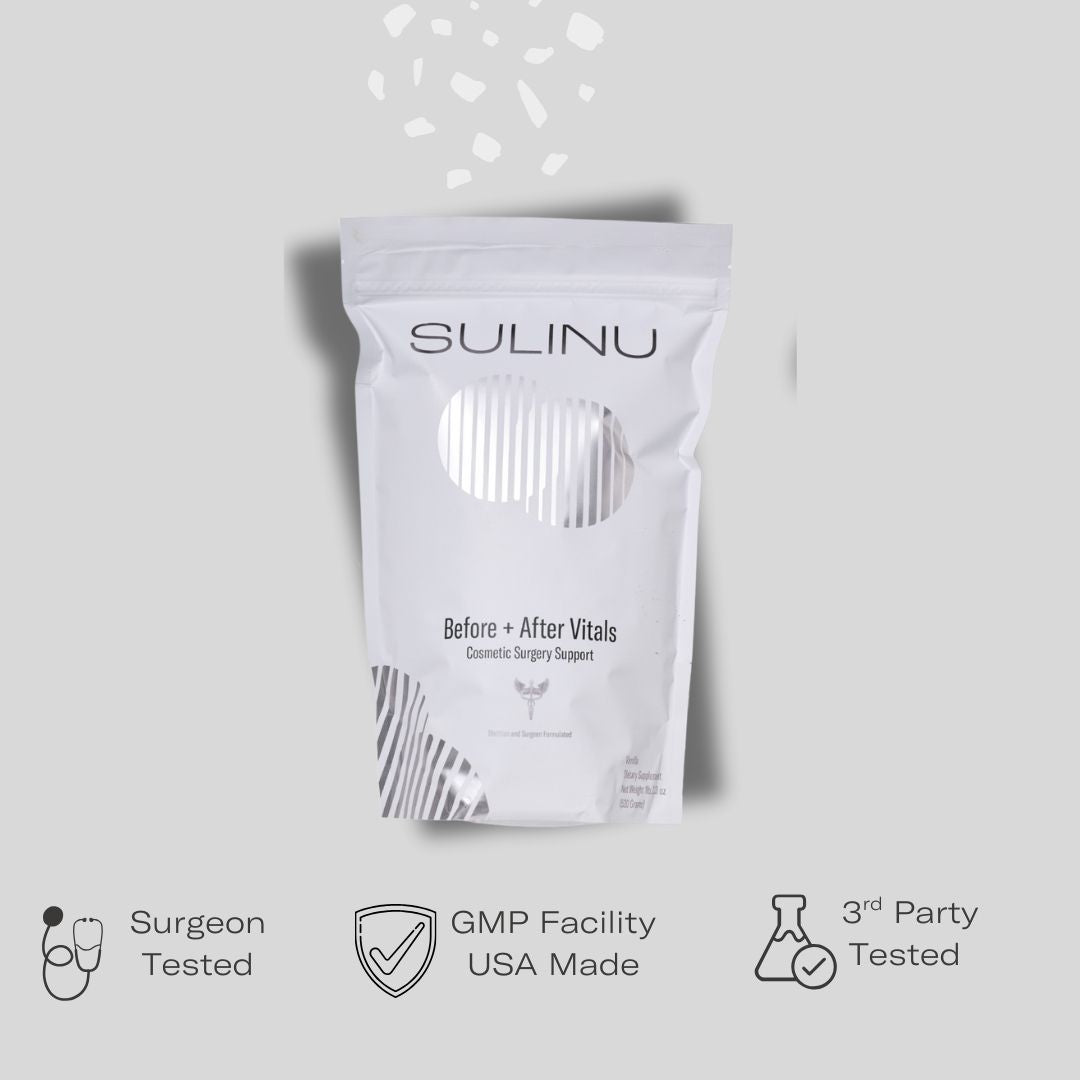





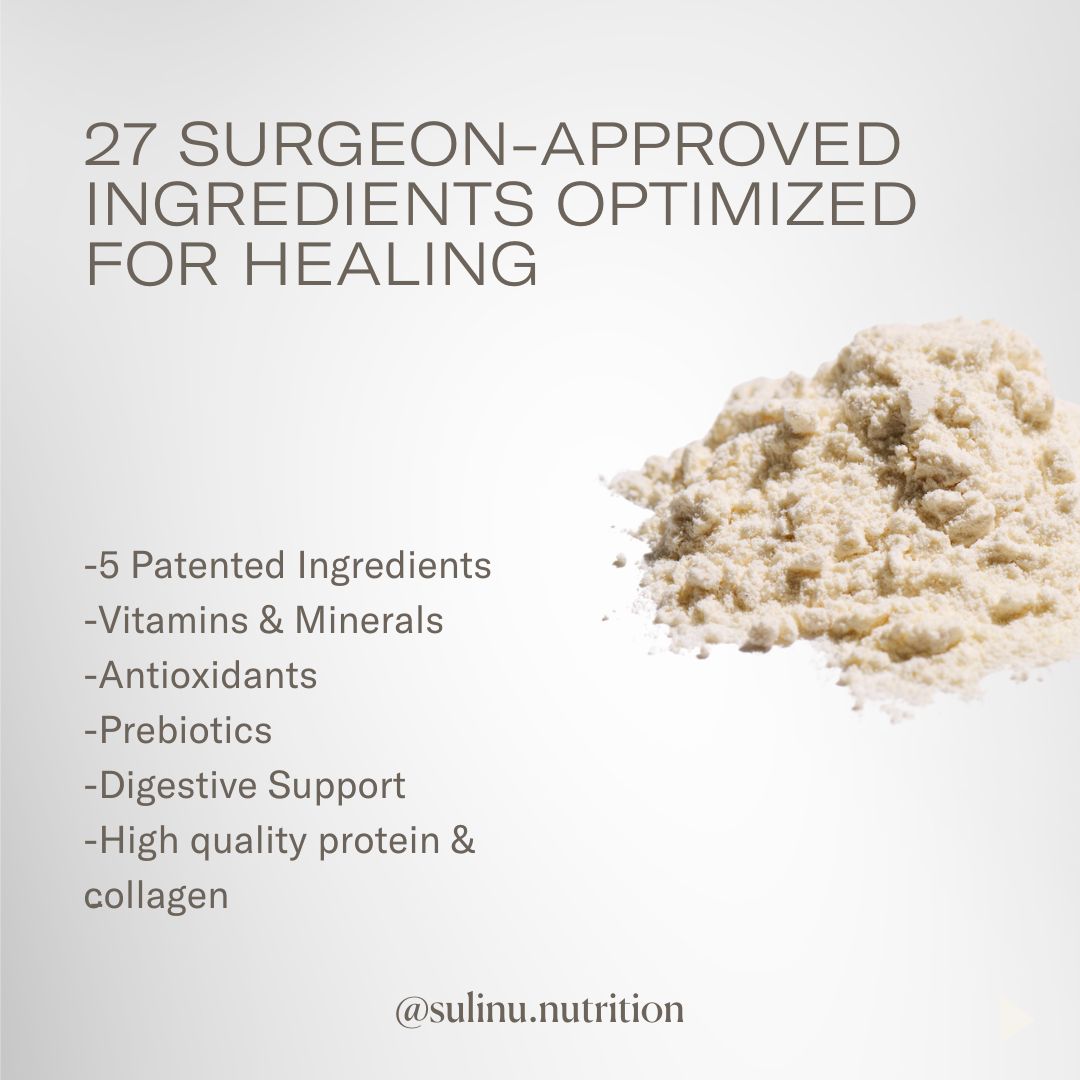
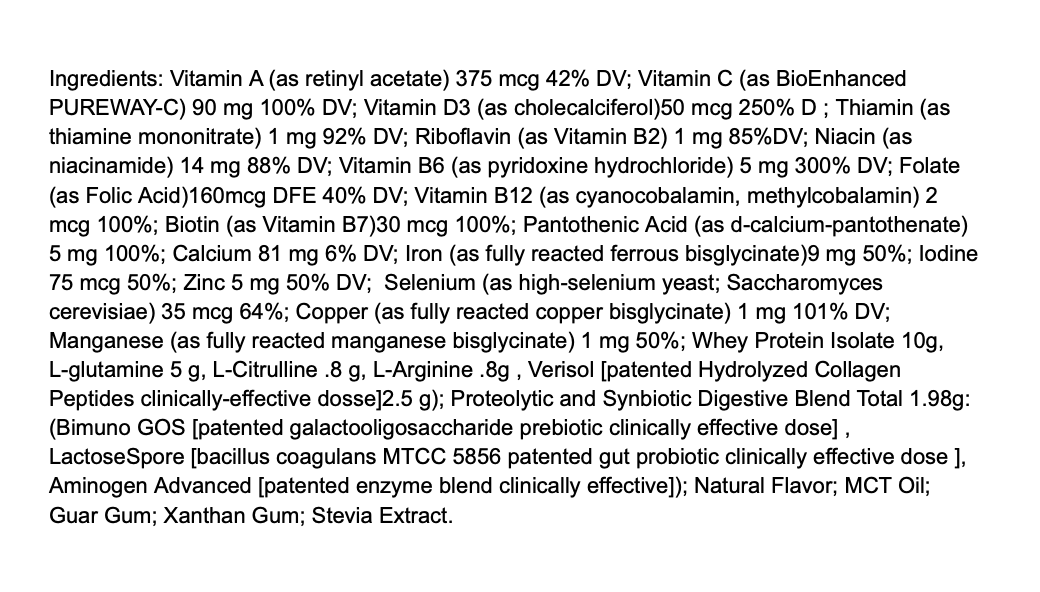
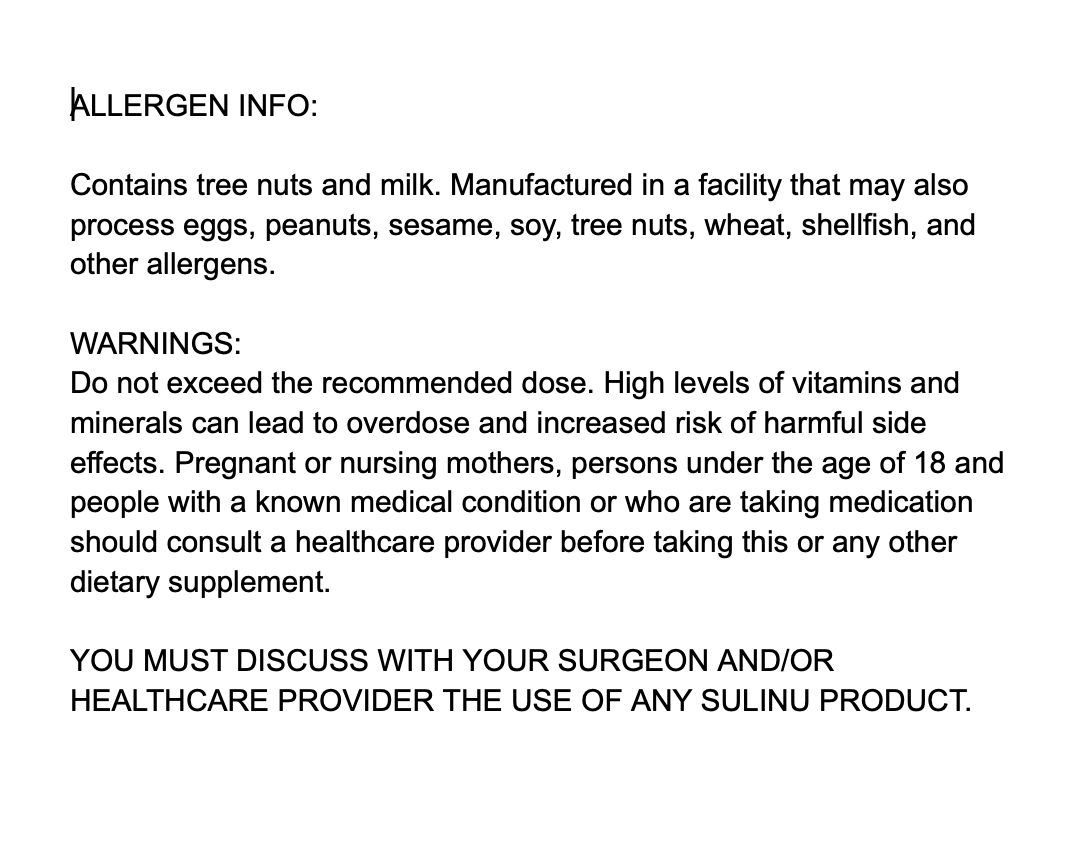


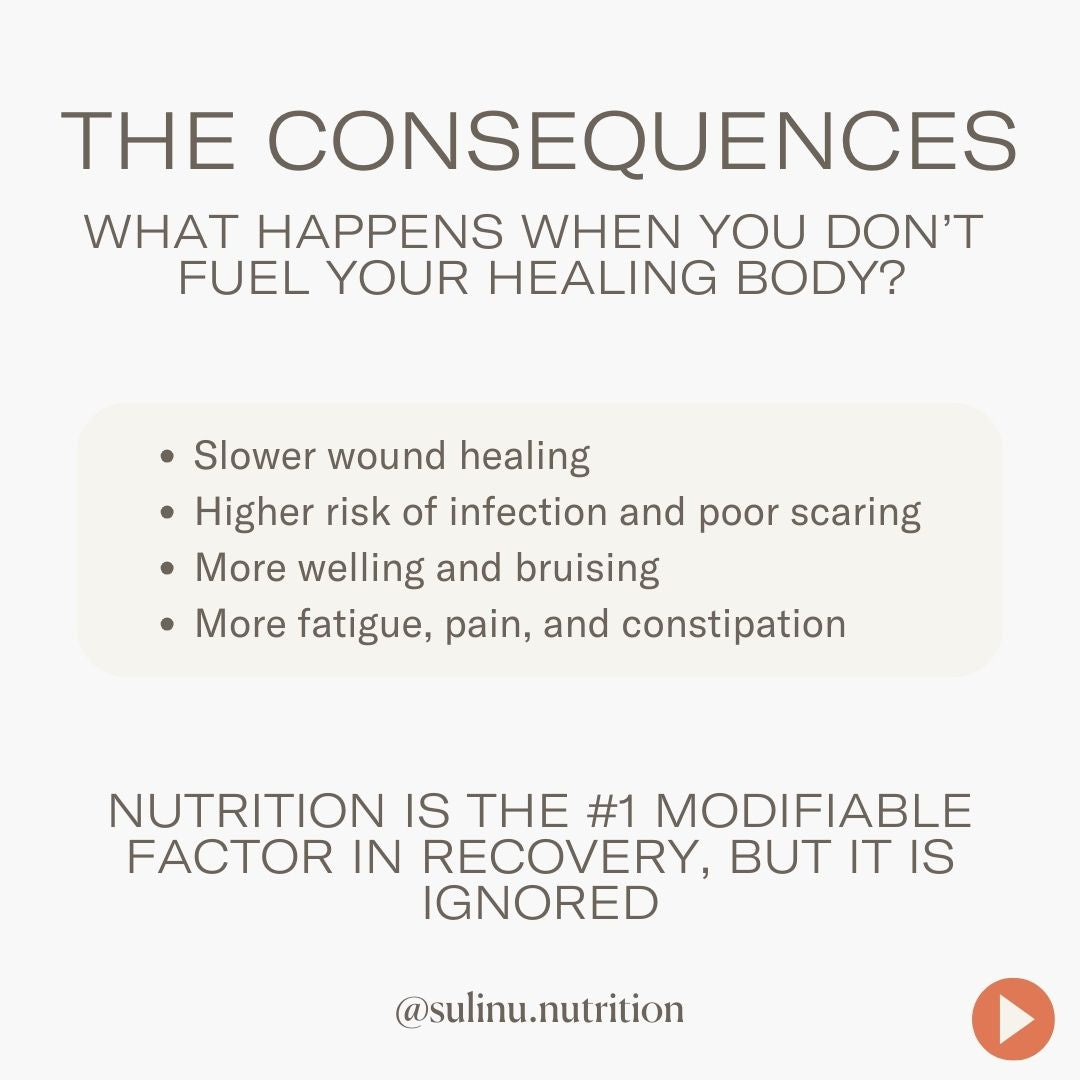
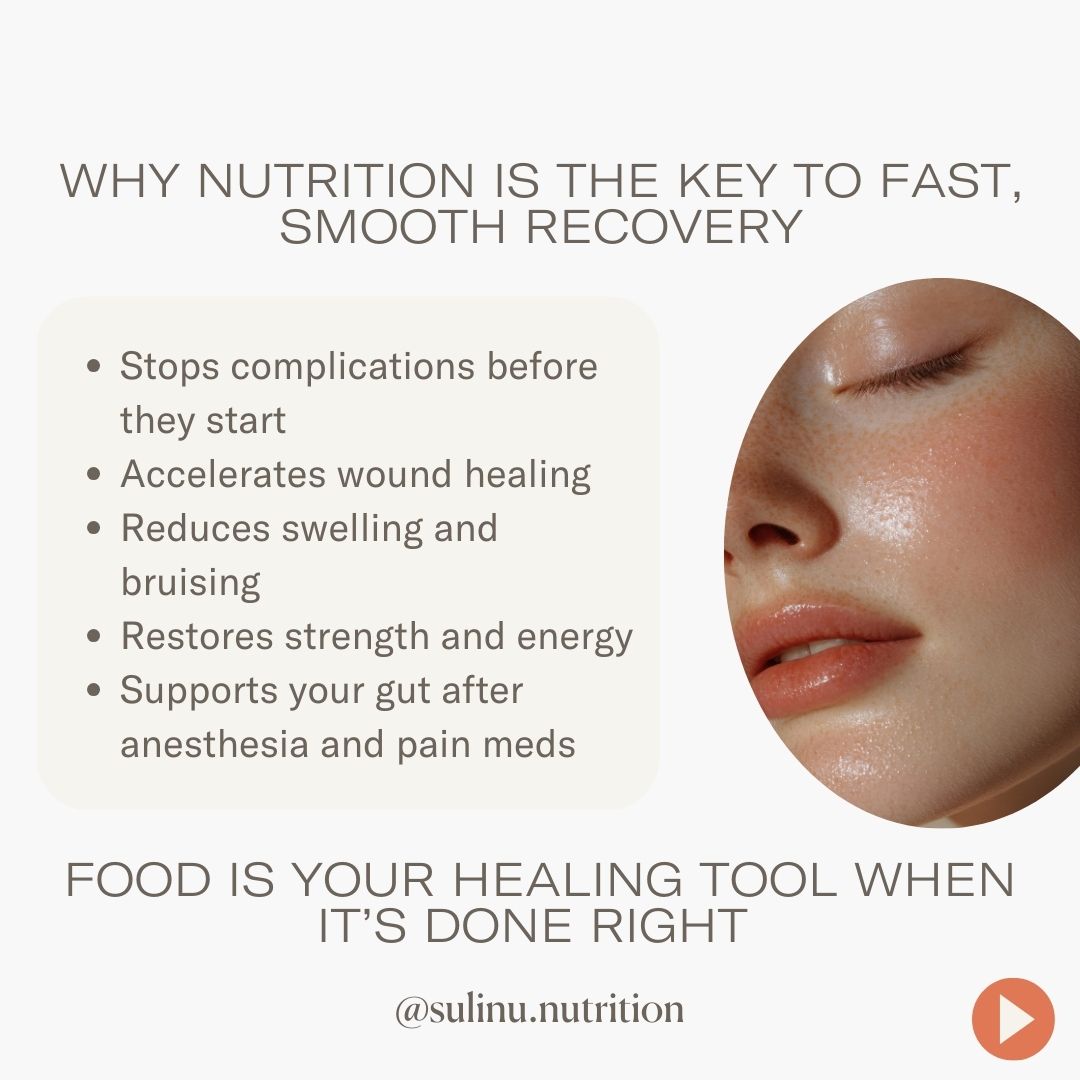
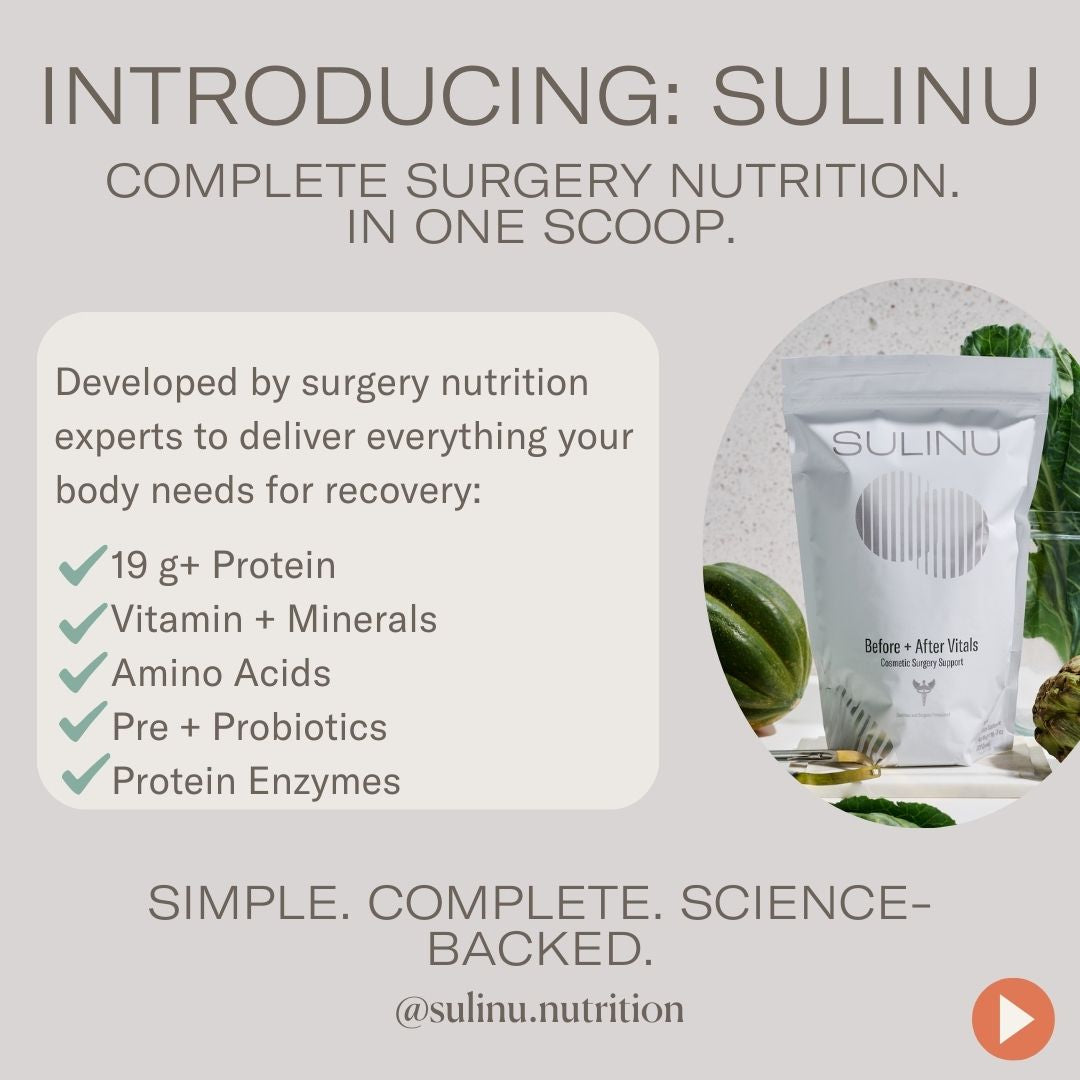
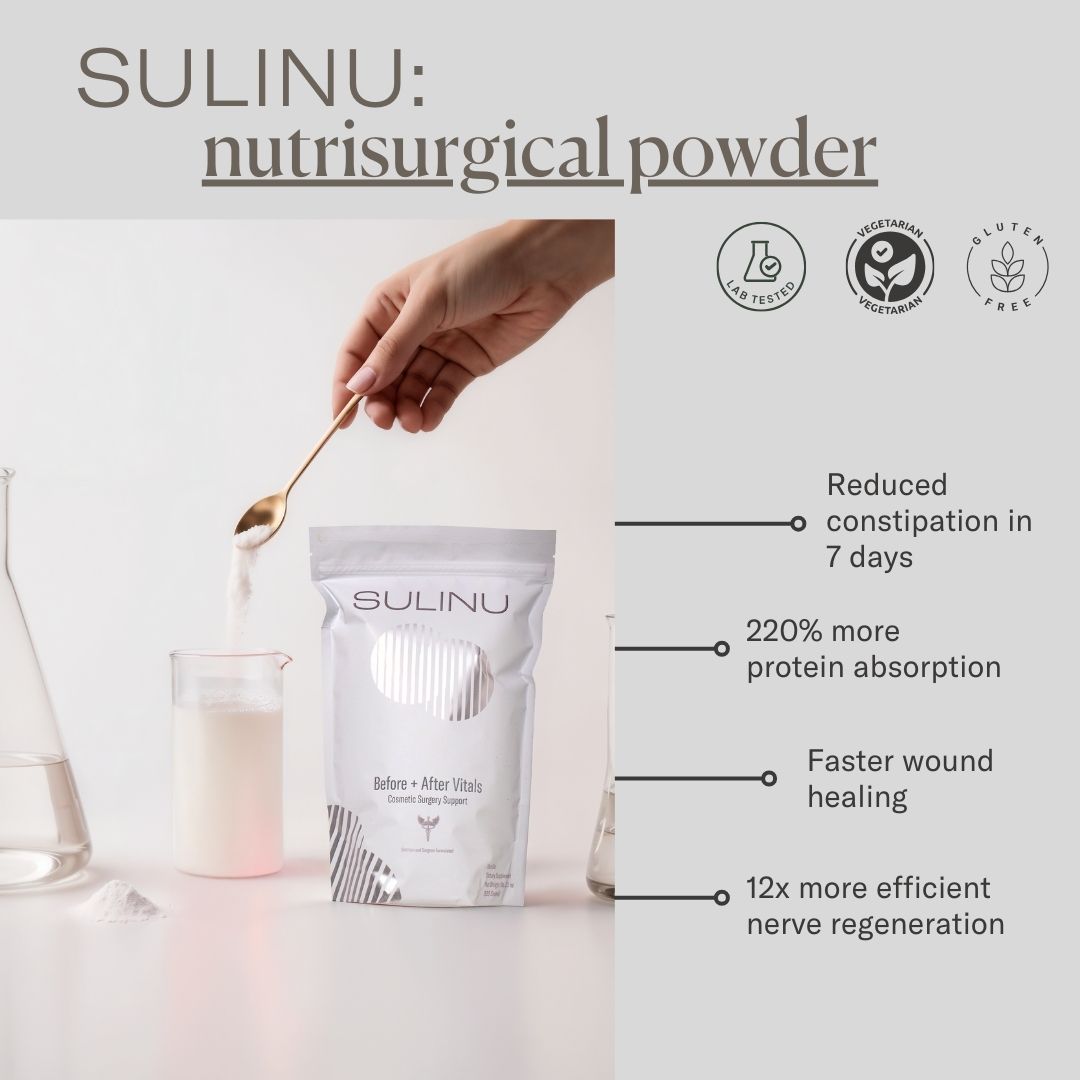
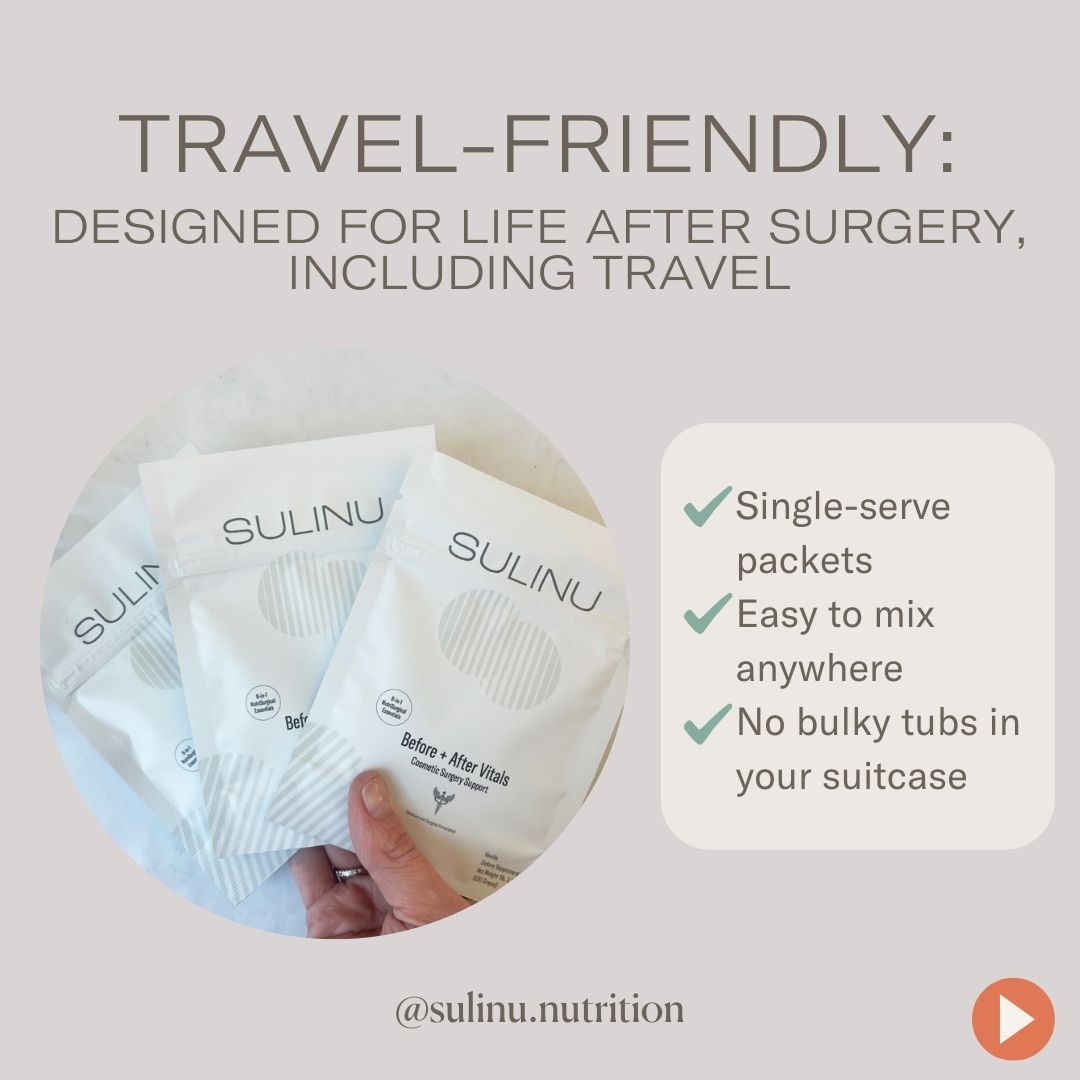
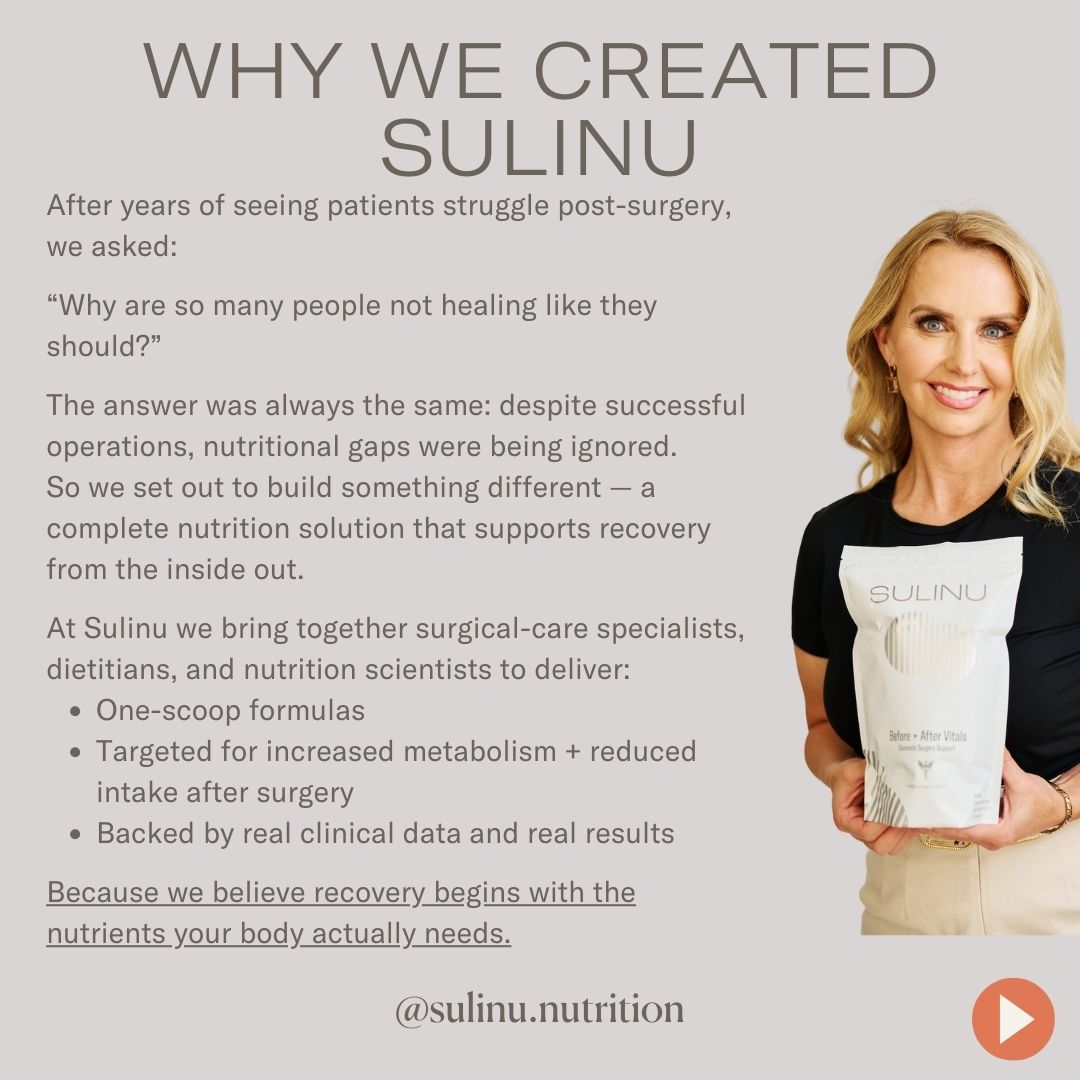
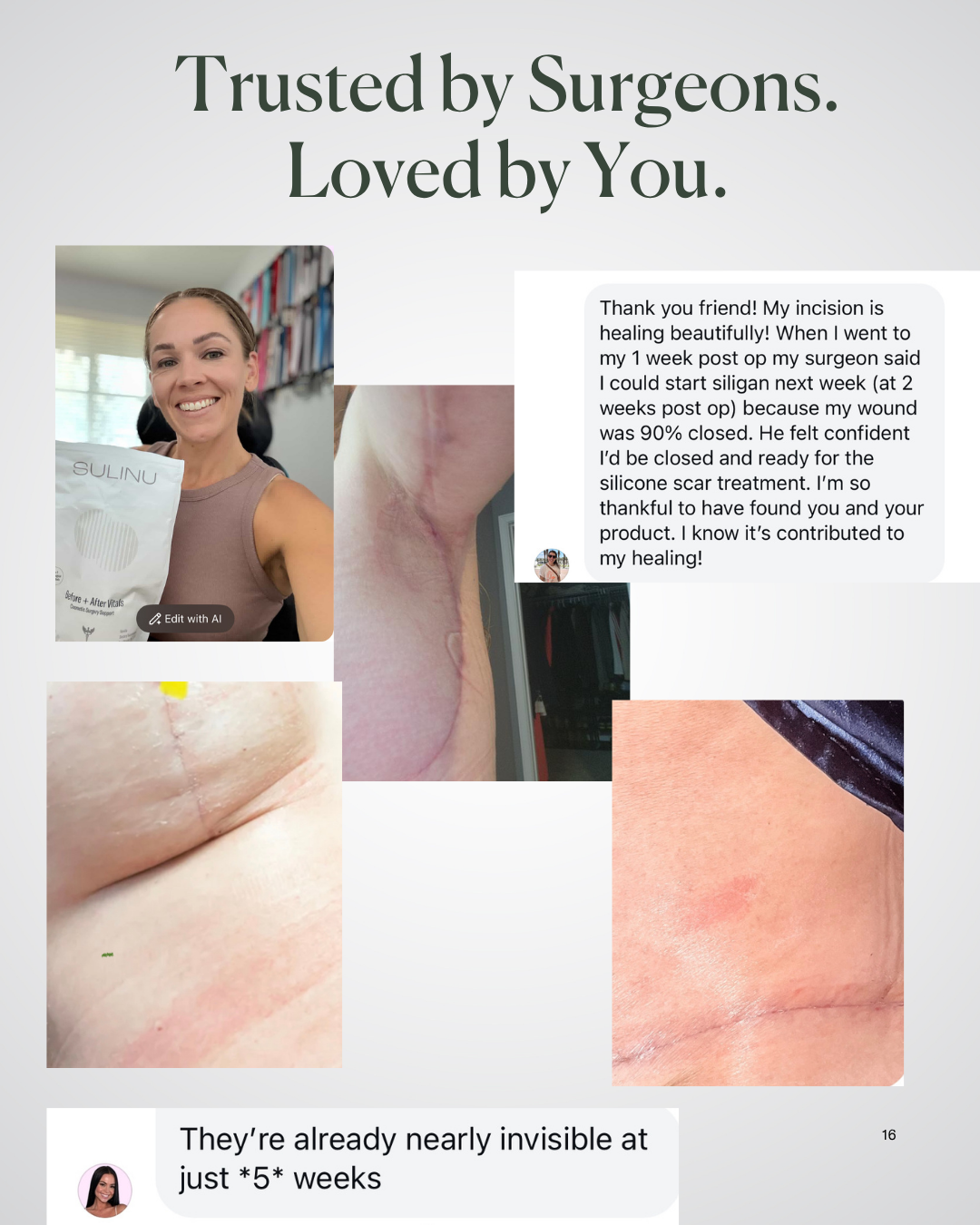

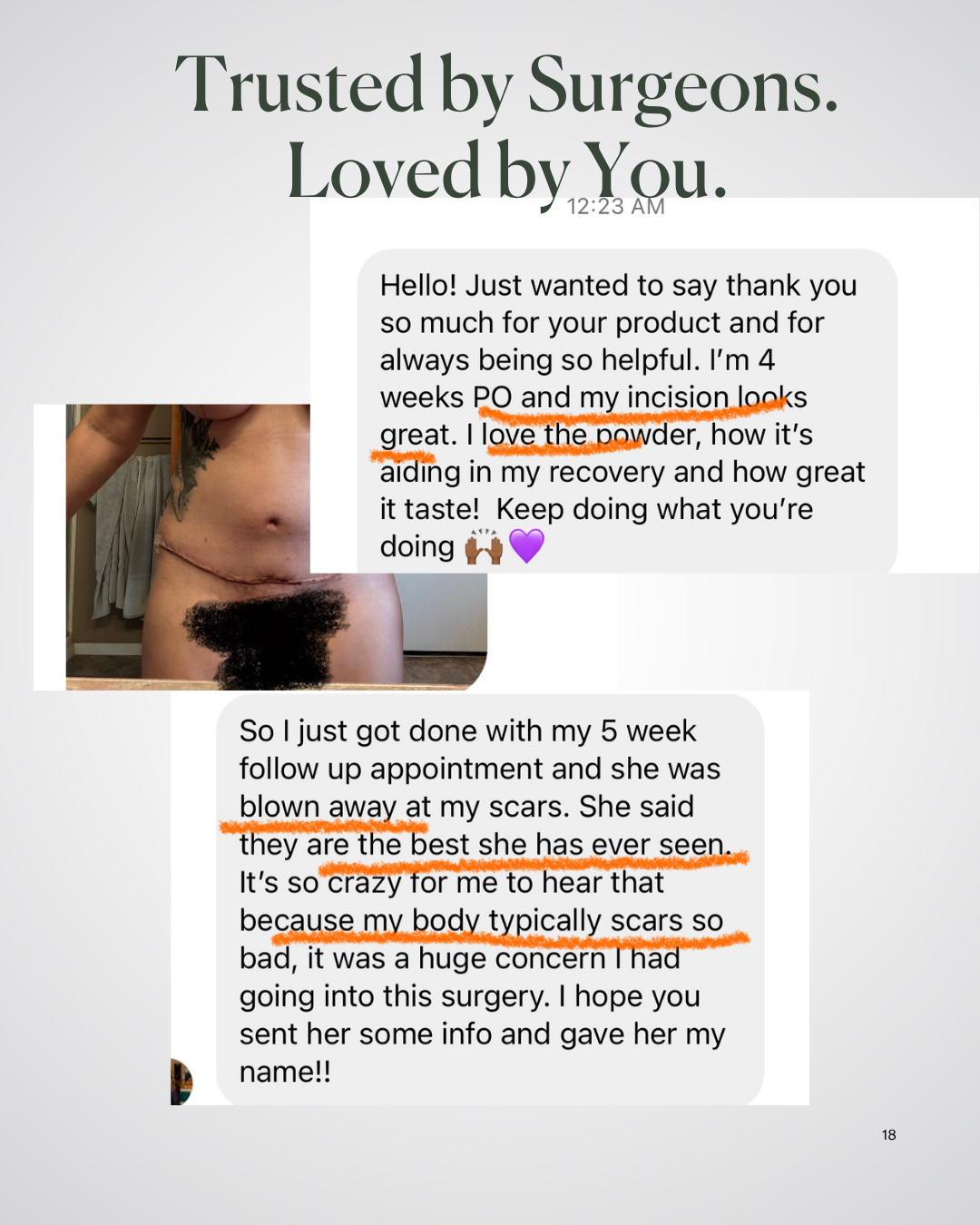
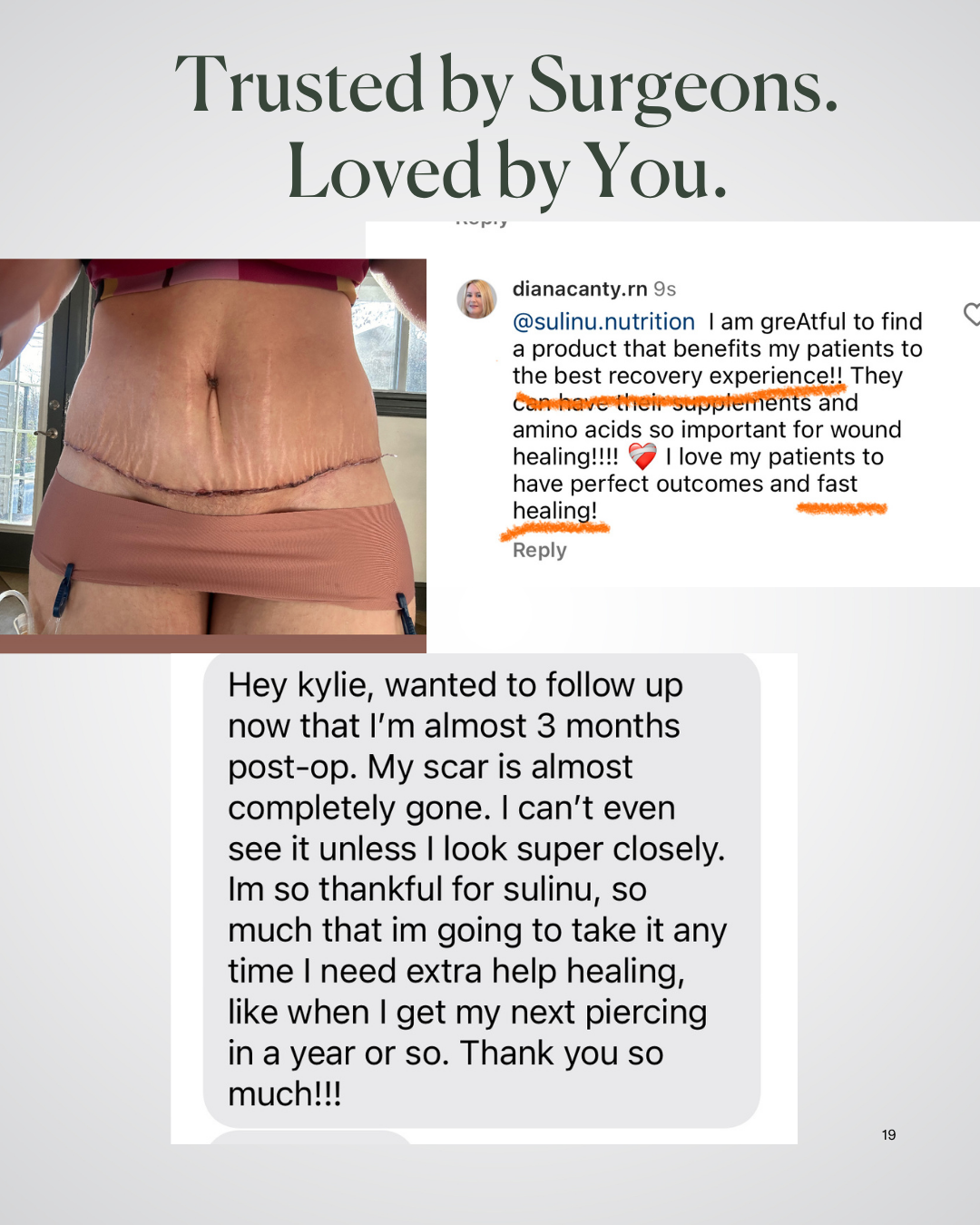
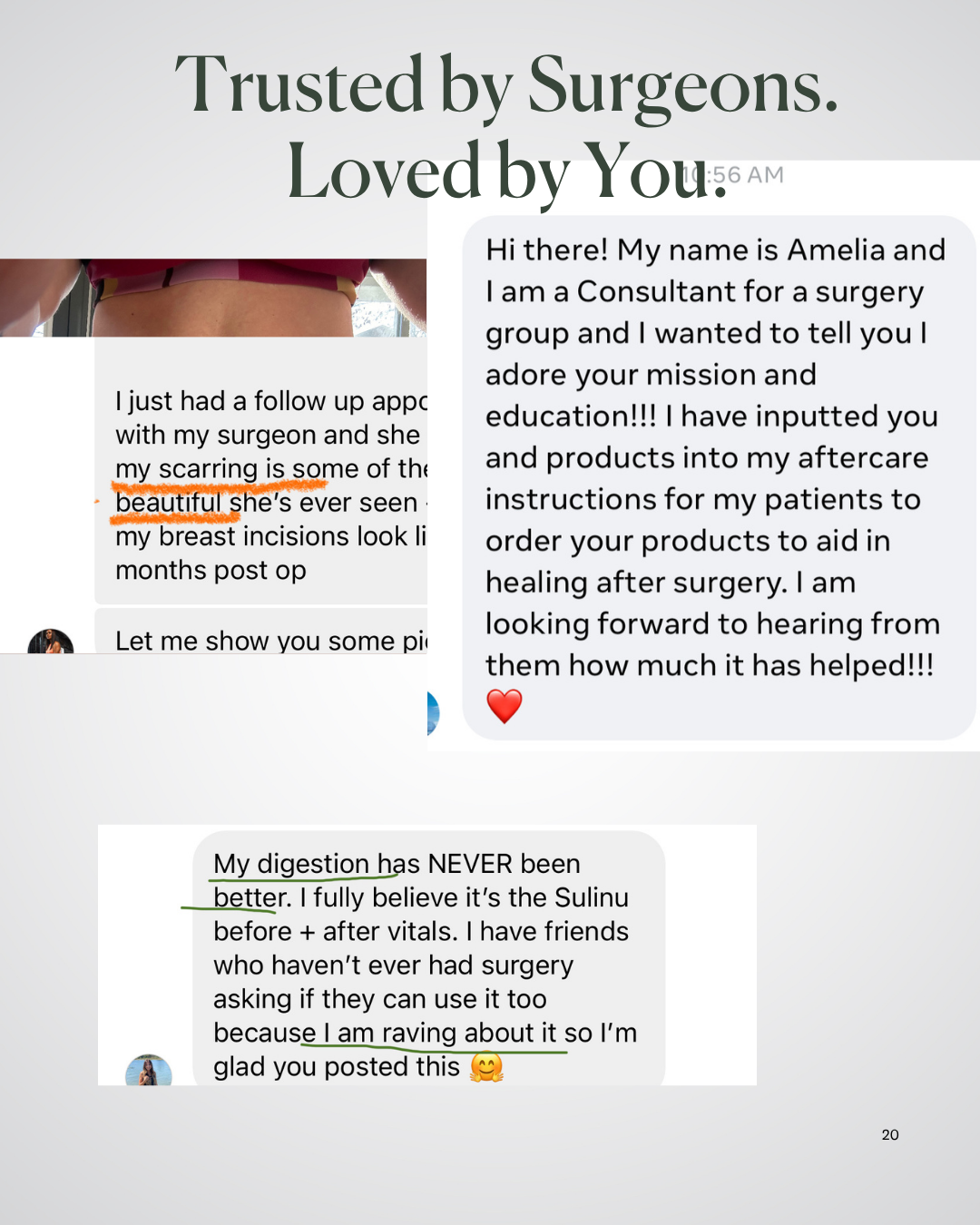
NUTRISURGICAL VITAMIN POWDER -(bag: Vanilla)
**FREE SHIPPING for orders over $150!!**
- 100% Money Back Guarantee
- Discreet Shipping-Your privacy is important
- We recommend 3 bags for any surgery for the best results
This Complete Surgery Powder gives you EVERYTHING you need IN ONE SCOOP.
Pre and Post Surgery Supplements for that near-invisible scar look.
"Can you believe it? [My incision scars] are nearly invisible at just 5 weeks!" -Jessie
Our pre and post surgery supplements are packed with vitamins for wound healing after surgery
- 3rd party tested
- Gluten-Free
- Vegetarian Whey
-
27 Surgeon-Approved Ingredients
- In bioavailable forms
-
5 Patented Ingredients
- Patented is the HIGHEST standard of ingredients
- Faster Incision healing
- Gut microbiome studied
- Clinically tested
- Sourced from Europe and Internationally
- Therapeutic Dosages
Perfect for:
- Before Cosmetic Surgery
- After Cosmetic Surgery
- Slow-to-heal incisions or wounds
- Using a GLP and needing extra nutrition
- Can begin taking at anytime on your surgery journey, EVEN if you are weeks after your surgery! Your scar is healing for a least a year after your surgery date.
How to use:
- Use 1/2 to 1 scoop a day. Max 1 scoop a day for at least 6 weeks postop.
- We recommend 3 bags: Use 1 bag before surgery and 2 bags after surgery
Nutrisurgical Vitamin Powder with Patented, Clinically-tested Ingredients.
All your Protein, Collagen, Amino Acids, MicroNutrients, Synbiotics and Enzymes in ONE SCOOP to give you a seamless recovery after cosmetic surgery.
Note: This product is also commonly used by GLP (Ozempic, Semiglutide, etc) patients to prevent nutrient depletion and Ozempic face
Our Survey Results*:
79% reported a beautiful incision
85% reported a faster recovery
90% liked the taste
X Gluten X Soy X Artificial Colors or Flavors X GMOs
*based upon our postop survey 2024
Introducing BEFORE + AFTER VITALS, the ultimate surgeon-endorsed nutritional supplement tailored exclusively for plastic surgery recovery.
Fears of infection, inflammation, slow-to-heal incisions, and bruising are taken head-on by this super fine, quick-to-dissolve powdered supplement. Add a delicious hit of vanilla flavor to your cold or warm drinks, smoothies, or culinary creations.
1 pouch is 20 servings.
ALLERGY info: Contains lactose. Product was processed in a facility that may also process eggs, peanuts, sesame, soy, tree nuts, shellfish, and other allergens.



